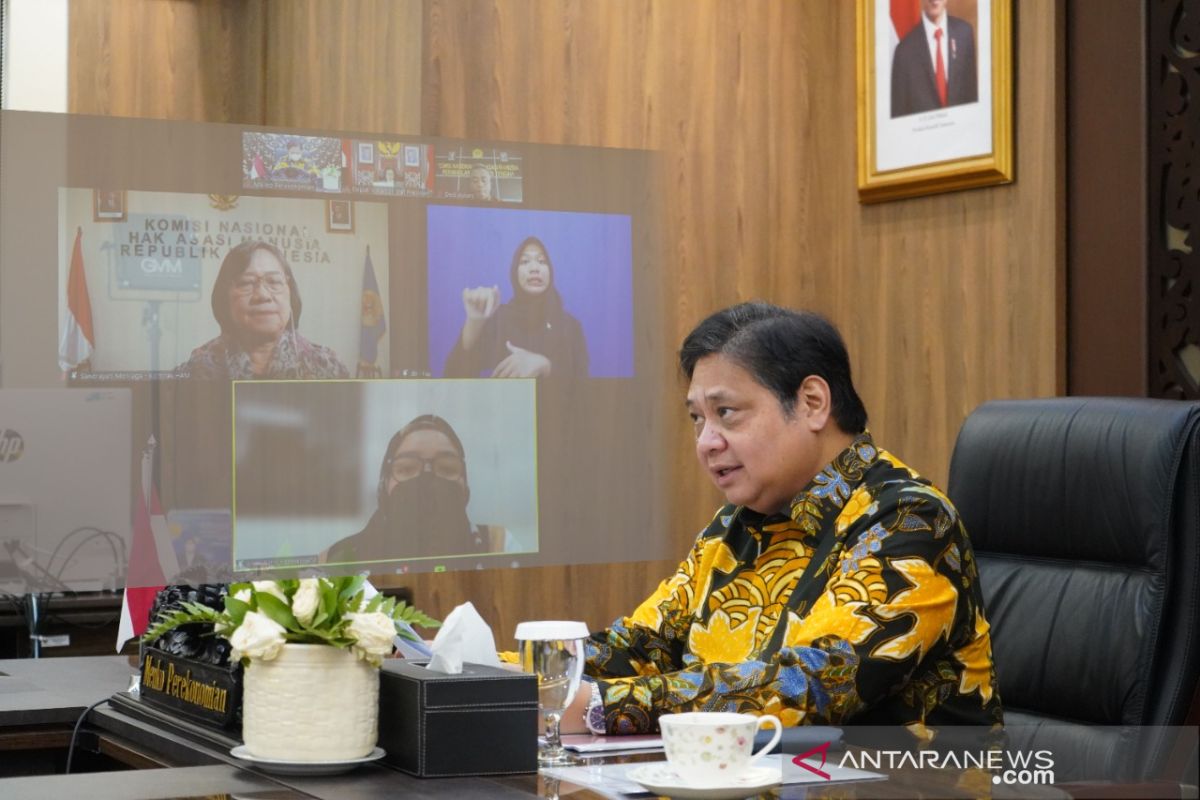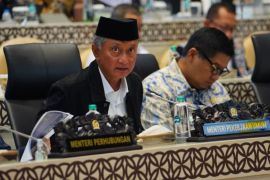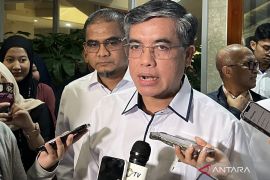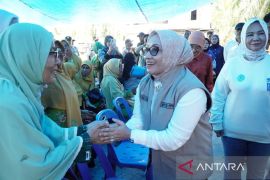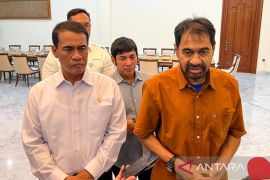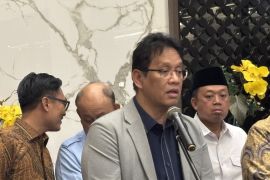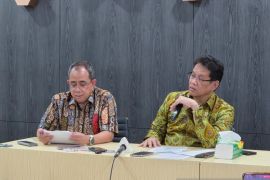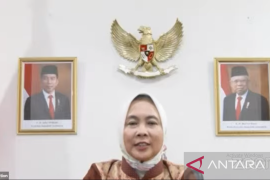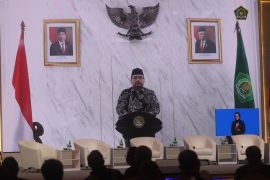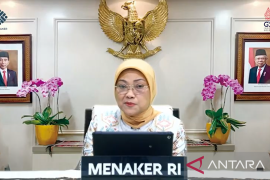"No one will be left behind and everyone will be accommodated. The government has provided social benefits to ensure decent living for the most vulnerable communities," Hartarto noted during a webinar hosted by the National Commission on Human Rights on Wednesday.
The coordinating minister affirmed that COVID-19 handling measures have continued to yield positive results, with Indonesia recording just 216 positive cases on Tuesday (December 21, 2021), a significant improvement compared to July 2021, when the second wave of COVID-19 infections almost overwhelmed the country.
Besides the decline in positive cases, Indonesia has also recorded a steady increase in vaccination rate with around 152.6 million or 73.4 percent of the target population receiving the first vaccine dose, he said.
The second vaccine dose has been administered to 107.7 million residents or 51.8 percent of the targeted residents, he said.
Related news: Mother's role is crucial in alleviating COVID-19 pandemic: Minister
"We need to remain vigilant in preventing the COVID-19 Omicron variant from causing the third wave of infections in Indonesia," Hartarto said.
The realization of the national economic recovery program through social benefits, MSME (micro, small, and medium enterprises) assistance, and creation of new job opportunities have benefited residents affected by the economic fallout of the pandemic, the minister added.
The government has also provided benefits to vulnerable communities, disbursed village funds, and allocated funds for street hawkers and market merchants, the coordinating minister pointed out.
"The government also enacted a poverty eradication program in 35 districts in seven provinces this year, and next year, the program will target 212 cities and districts. The government is targeting zero percent extreme poverty by 2024," Hartarto informed.
Meanwhile, agriculture permit simplification, the establishment of the National Food Agency, cooperation with state-owned enterprises for food distribution, and people's business credit funding were among the programs implemented to boost national food resilience, the coordinating minister noted.
The government also lauded contributions made by the National Commission on Human Rights in providing inputs regarding SDGs and human rights for COVID-19 handling and economic recovery, Hartarto said.
"We hope our effort in handling the pandemic and boosting the national economy can continue in concert with our effort to fulfill the SDGs, particularly as Indonesia is the current holder of the G20 Presidency," he remarked.
Related news: Bali's COVID-19 Task Force readies 700 beds as precautionary measure
Translator: Kuntum Khaira R, Nabil Ihsan
Editor: Rahmad Nasution
Copyright © ANTARA 2021
